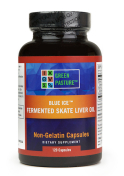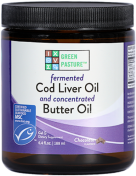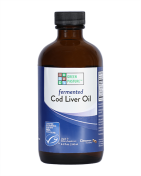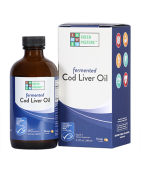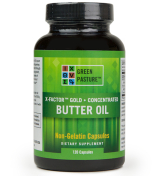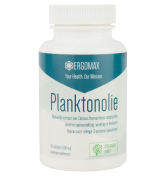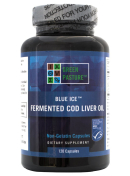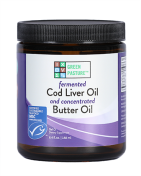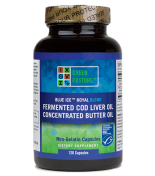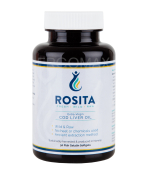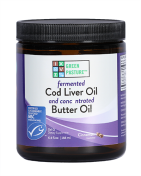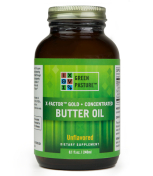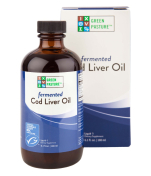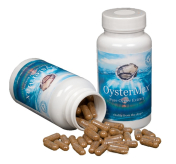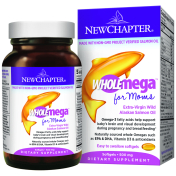Omega & fatty acids
- Order before 10 p.m., same day shipping
- Personal advice through chat or telephone
Fatty acids in omega-3 capsules
While the fatty acids EPA and DHA are found mainly in fish and shellfish, ALA is a vegetable fatty acid amply present in flaxseed oil. The Dutch Health Council recommends that approximately 1% of the total daily amount of calories consumed, is composed of ALA. The Council also recommends a daily dietary inclusion of 450 milligrams of omega-3 fatty acids from fish products. One would meet these guidelines when eating fatty fish products such as salmon or herring twice per week. Any lower intake of these fatty acids may be compensated by taking daily omega-3 capsules.
Krill oil, coconut oil and cod-liver oil
Omega-3 fatty acids are not unique to fish species but are found in a broad spectrum of marine life. Krill shrimp are one example; it forms the basis of krill oil. While fish oil historically enjoys more familiarity among general audiences, the effects of krill oil are actually superior. The dosages of krill oil can be kept lower to get equal results, its effects are known to be more stable, and offers a product less susceptible to spoilage as compared to fish oil. Apart from krill oil, however, coconut oil, MCT oil and cod liver oil all contain substantial amounts of essential omega-3 fatty acids.
Omega-3 fatty acids: Mechanisms of action
The omega-3 fatty acids EPA and DHA derived from fatty fish have a favorable effect on the cardiovascular system, reducing the risk of cardiovascular disease at adequate levels of intake. DHA is also very important during pregnancy as it promotes the normal development of baby’s brain and retina. ALA also contributes to normal child development. Omega-3 fatty acids may be of further benefit in coping with depression, dementia and learning difficulties. Using our omega-3 capsules you can adjust your intake of beneficial fatty acids in an easy way.

